'Cold peace' in China-US relations: Who will get the last laugh?
US-based researcher Wei Da notes that China-US relations are at risk of stagnating and reaching a state of "cold peace" with the current development. While China has been making friendly overtures to the US, it is also signalling that the ball is in the US's court. Would any side give space to the other? Who will benefit from such a situation?
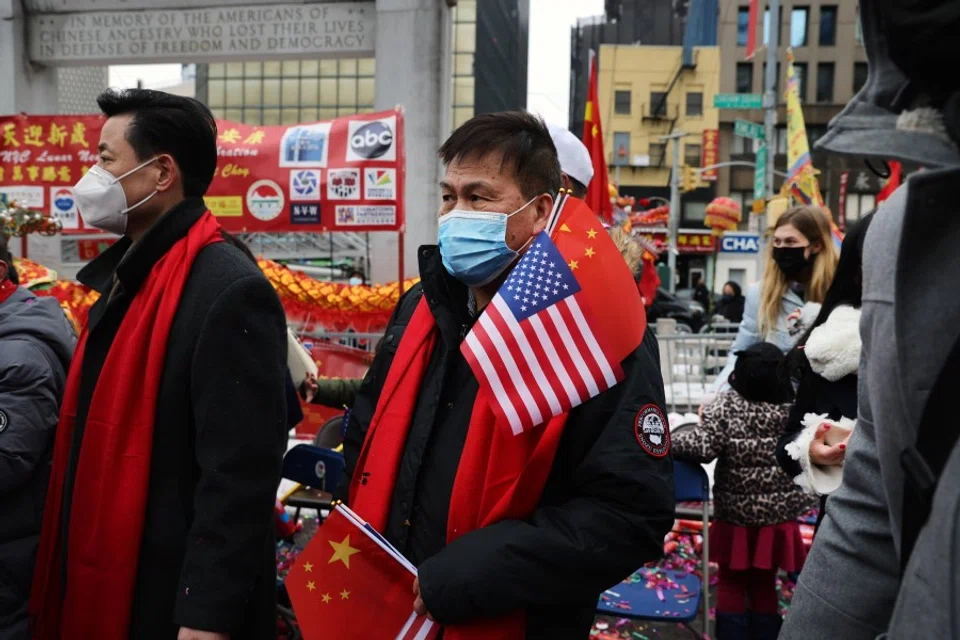
Recently, China's senior diplomats have been calling on the Biden administration to abandon its Trump-era hostile and confrontational policies towards China, and lift trade tariffs and high-tech sanctions so as to improve and repair China-US ties for mutual cooperation and benefit. Many interpret this as China "getting anxious" and exposing its weak spot in managing its ties with the US.
But given that China's overall size and scale of development is comparable to the US, I think it is overstating the case to simply say that China is in a "one-sided love affair" with the US, or revealing a weak spot. China feels that "time and the situation" are on its side right now, so why would it be anxious about its relations with the US? As for the so-called weak spot, that applies to both China and the US - each has their strengths and weaknesses.
China's frequent declarations are to show the US where it stands, but it is also more likely to be a show of political accountability to the nation and party.
Putting the ball in the US's court
Of course, China's frequent declarations are to show the US where it stands, but it is also more likely to be a show of political accountability to the nation and party. China-US relations have always been seen as the biggest political piece in China's diplomacy, and there has to be some account of the current state of relations. The recent signals show that China's leaders are being friendly and positive, and it only remains to be seen how the US will respond. In short, the ball is in the US's court.
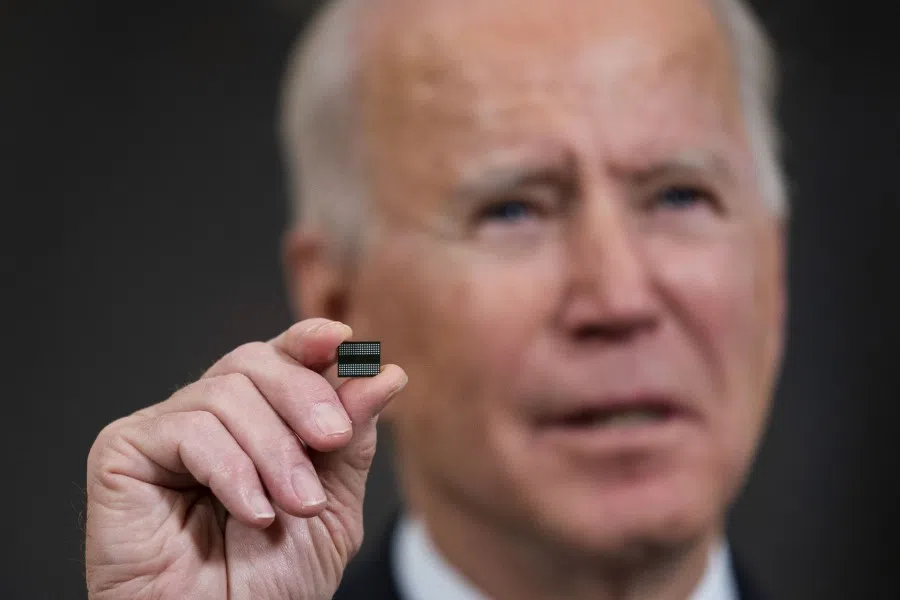
For the US, its strategy towards China is still being adjusted and redefined. This process of adjustment began during the Trump era. The Biden administration is now working on improving the China policies that it had inherited from the Trump administration. For example, the Biden administration has recognised the effectiveness of the trade tariffs that Trump had imposed on China. It has also said that the restrictions on Chinese technology are necessary, and tried to get its allies to implement them. Lastly, it has fine-tuned "general decoupling" to "targeted decoupling".
Some commentary in the US has pointed out that the Biden administration did not take on Trump's China policies willingly - it had no choice but to go with the flow. Even as China-US relations have been minimally maintained, its political basis has gone back to the segregated state of "people with different values shall not work together" (道不同,不相为谋). And if the political foundations of bilateral relations have been seriously shaken, how can there be major improvements in relations on other levels?
The US's turn to give a little?
Historically, Deng Xiaoping broke the political deadlock between China and the US twice, with his pronouncement for reform and opening up in 1978 and the Southern Tour of 1992. These started new chapters of cooperation and mutual benefit, repeatedly showing that when it comes to improving China-US political relations, the ball lies in China's court.
And so, if China does not adjust its stand and the US sticks to its principles, then bilateral relations will inevitably "stagnate and arrive at a state of cold peace" (停滞与冷和).
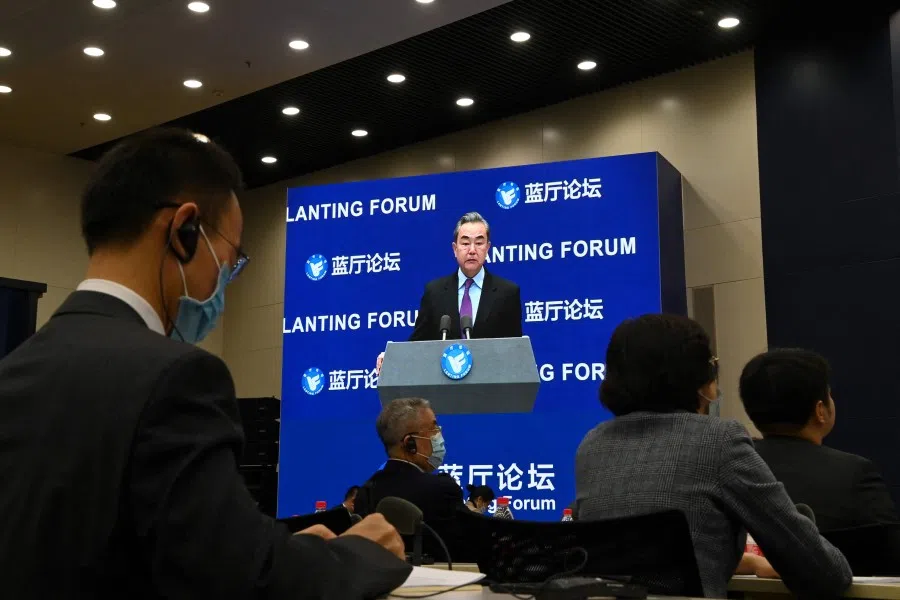
Some might think that time has moved on and we are looking at changes "unseen in 100 years", and it is the US's turn to take the initiative to improve China-US relations. That would mean the US embracing and accepting China's model in politics, values, and beliefs. What are the chances of that happening - or is there any chance at all? Judging by civilisational trends, the logic of development and public sentiment, it is not difficult to come to a conclusion.
And so, if China does not adjust its stand and the US sticks to its principles, then bilateral relations will inevitably "stagnate and arrive at a state of cold peace" (停滞与冷和).
Better stalemate than checkmate
But stagnating and reaching a cold peace is nothing new, as the last 25 years of the Cold War were probably of a similar state. And it was called the Cold War because the US and Soviet Union were constantly engaged in proxy wars, and even fought in a few - for instance the US in North Korea and Vietnam, and the Soviet Union in Afghanistan - even though they never directly went head to head in a large-scale way.
Right now, as long as there is no direct or indirect hot war between China and the US, there is a cold peace. And a cold face-off would ultimately cause relationships to stagnate.
But the crux is: which side would benefit from this stagnation and state of cold peace?
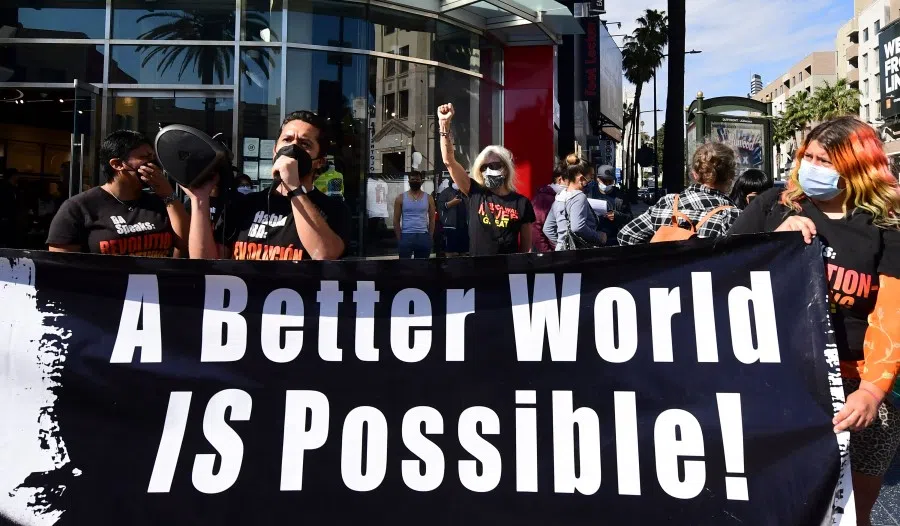
But the crux is: which side would benefit from this stagnation and state of cold peace? The US would be calm and collected, because the Cold War ended with the Soviet Union going down without a fight, showing that the Soviet institutions and their practices are not self-sustaining. Some attribute the crumbling of the Soviet Union to containment by the West and disruption by the US - these irresponsible comments have gotten the situation backwards.
This is not to say that democracies do not face crises. Rather, democratic institutions can effectively survive and overcome crises, adjust themselves, correct and improve, and thus achieve self-reliance and sustainability. For instance, former US President Donald Trump had his time in the US political arena, but his style was too much of an "over-correction", and was not sustainable.
A long period of intensity and upheavals goes against the general principle of neutral balance in US politics, and damages the necessary tension in the US system. Now that Trump is out, there is a good regulatory energy in US politics, highlighting the advantage of the US system and culture.
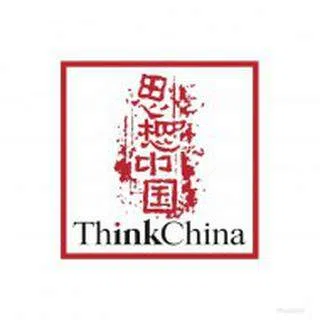

![[Big read] When the Arctic opens, what happens to Singapore?](https://cassette.sphdigital.com.sg/image/thinkchina/da65edebca34645c711c55e83e9877109b3c53847ebb1305573974651df1d13a)


